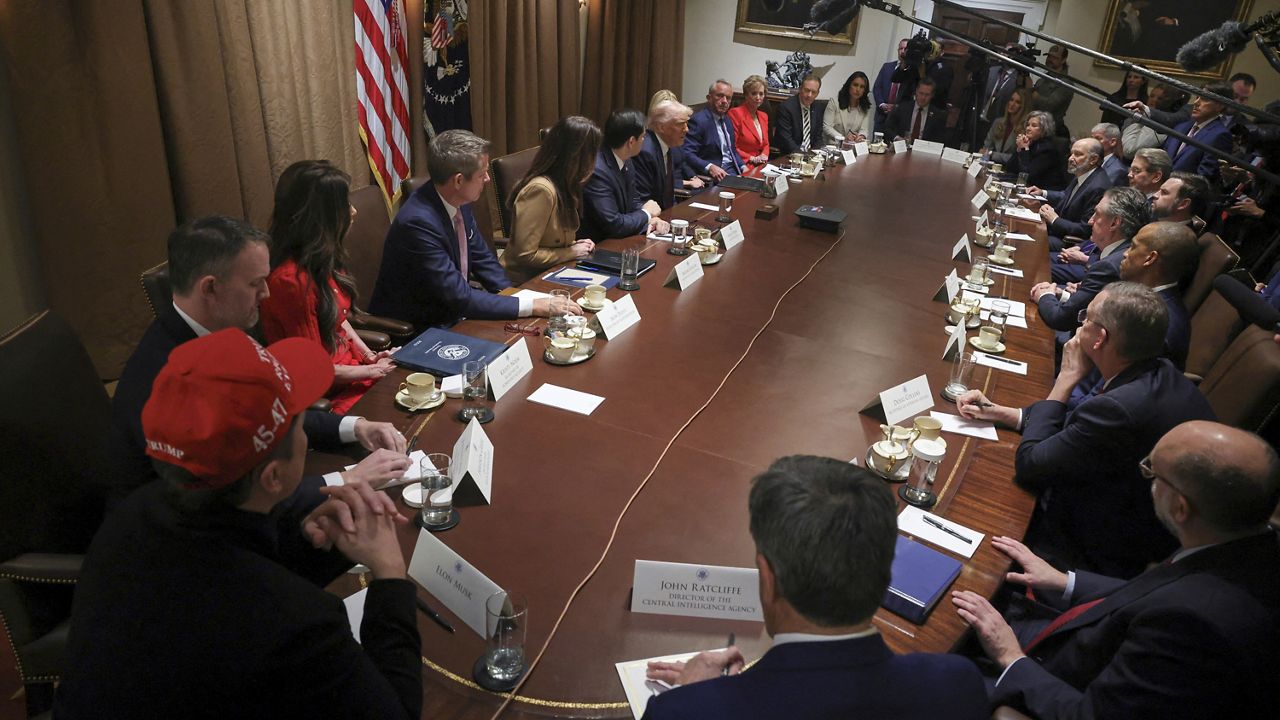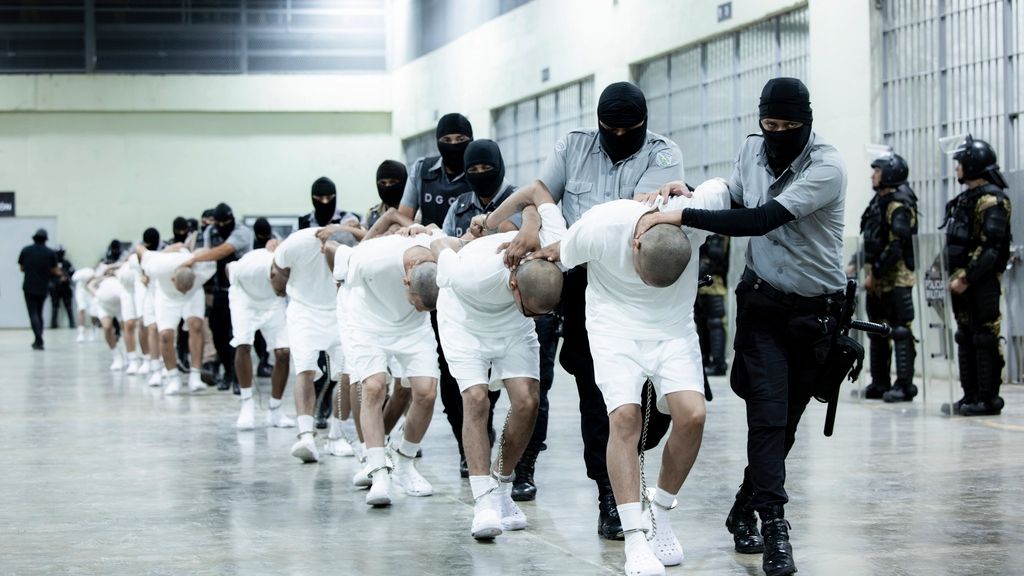Elon Musk and Vivek Ramaswamy met with congressional Republicans to discuss ways to cut federal government spending Thursday, and Orange County leaders consider setting up a church development oversight board.
Previous Episodes of Political Connections
- Elon Musk, Vivek Ramaswamy bring Trump's DOGE to Capitol Hill
- As Orange County considers church development oversight board, moratorium proposal is struck down
Elon Musk, Vivek Ramaswamy bring Trump's DOGE to Capitol Hill
As billionaire Elon Musk and entrepreneur Vivek Ramaswamy began meeting with Congressional Republicans on Thursday for a brainstorming session on how to cut federal government spending, House Speaker Mike Johnson said government “does too many things and it does almost nothing well.”
The Department of Government Efficiency that President-elect Trump announced last month, with Musk and Ramaswamy at the helm of an effort that technically operates outside of government, represents a “new day in Washington and a new day in America,” Johnson said during a news conference at the Capitol. The two DOGE heads were scheduled to give remarks but instead only walked by the podium.
Musk and Ramaswamy are meeting with congressional decision makers for the first time Thursday to discuss ways to reduce federal spending, 46 days before Trump is inaugurated. Musk and Ramaswamy have said they’d like to cut the federal budget by $2 trillion — or roughly a third.
On Thursday, Johnson said DOGE “should be a bipartisan effort” and praised Democrats in the House and Senate who have stepped forward to join the DOGE subcommittees that are forming in the legislative branches. He said their plan is to make government more efficient without cutting programs such as Medicare and Social Security.
“There is an enormous amount of waste, fraud and abuse in the government,” Johnson said, “so the efforts here, both with our subcommittees that are being created here and with the DOGE effort itself, will be to explore that, to investigate it and lay it bare for the American people to see.”
One of the group’s first efforts is likely to be a sweeping return-to-office mandate for federal workers, the House speaker said, citing a survey released Thursday that said 1% of federal workers do their jobs in their office.
As Orange County considers church development oversight board, moratorium proposal is struck down
Orange County Commissioners are considering new measures to monitor the development of churches in rural areas.
In discussions Tuesday, the original agenda item called for an oversight committee and an immediate moratorium of any church permits or applications, but newly sworn-in Commissioner Kelly Semrad said the moratorium was off the table before public comment took place.
“I think the reason they said that in the beginning was to hopefully clear out some space. That’s why I chose not to get up and speak,” said Rob Garrett, Director of Operations at Discovery Church. “I thought it was very clear and thought Kelly did a good job.”
Garrett was one of many representing congregations that packed the meeting.
“I think there’s a lot of clarity that needs to be taken into consideration. There’s too much ambiguity,” he said.
Commissioners agreed to come back for a presentation in February.
The proposed framework focuses on community concerns like the potential impacts of large-scale church developments, such as mega churches, on the rural environment.
Several residents spoke in favor of the oversight committee, especially to protect Florida agriculture.
“I want to see everybody at the gates of heaven with me, but in this particular situation it has nothing to do with religion, it only has to do with how we preserve our rural area,” said Debbie Barbour.
As for Garrett, he isn’t against the oversight committee but wants all religious buildings to be treated the same, rather than churches to be the focal point.
“I’m kinda on the fence. I think it has a lot to do with who is on the oversight committee,” he said.
As for the future, the commissioners will come back on Feb. 11, 2025 with a presentation during a workshop session.











